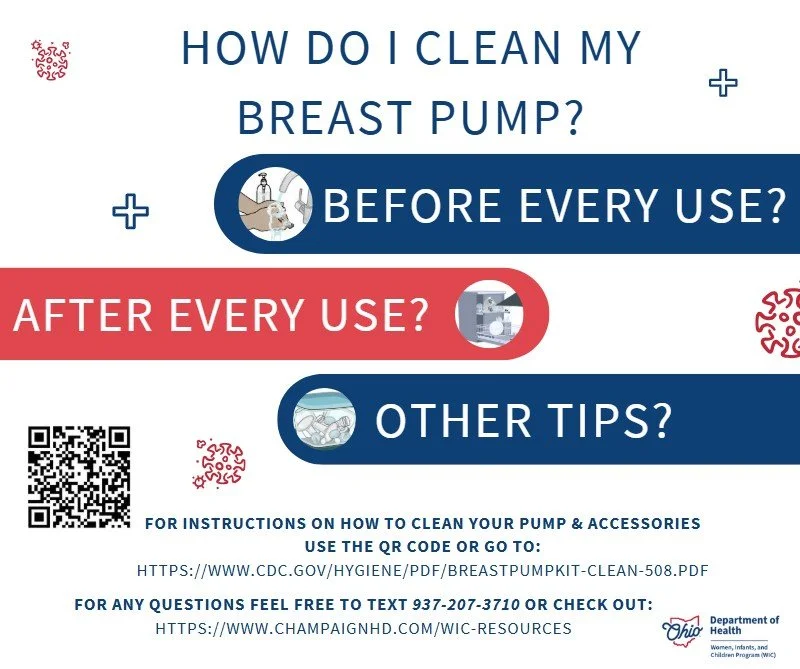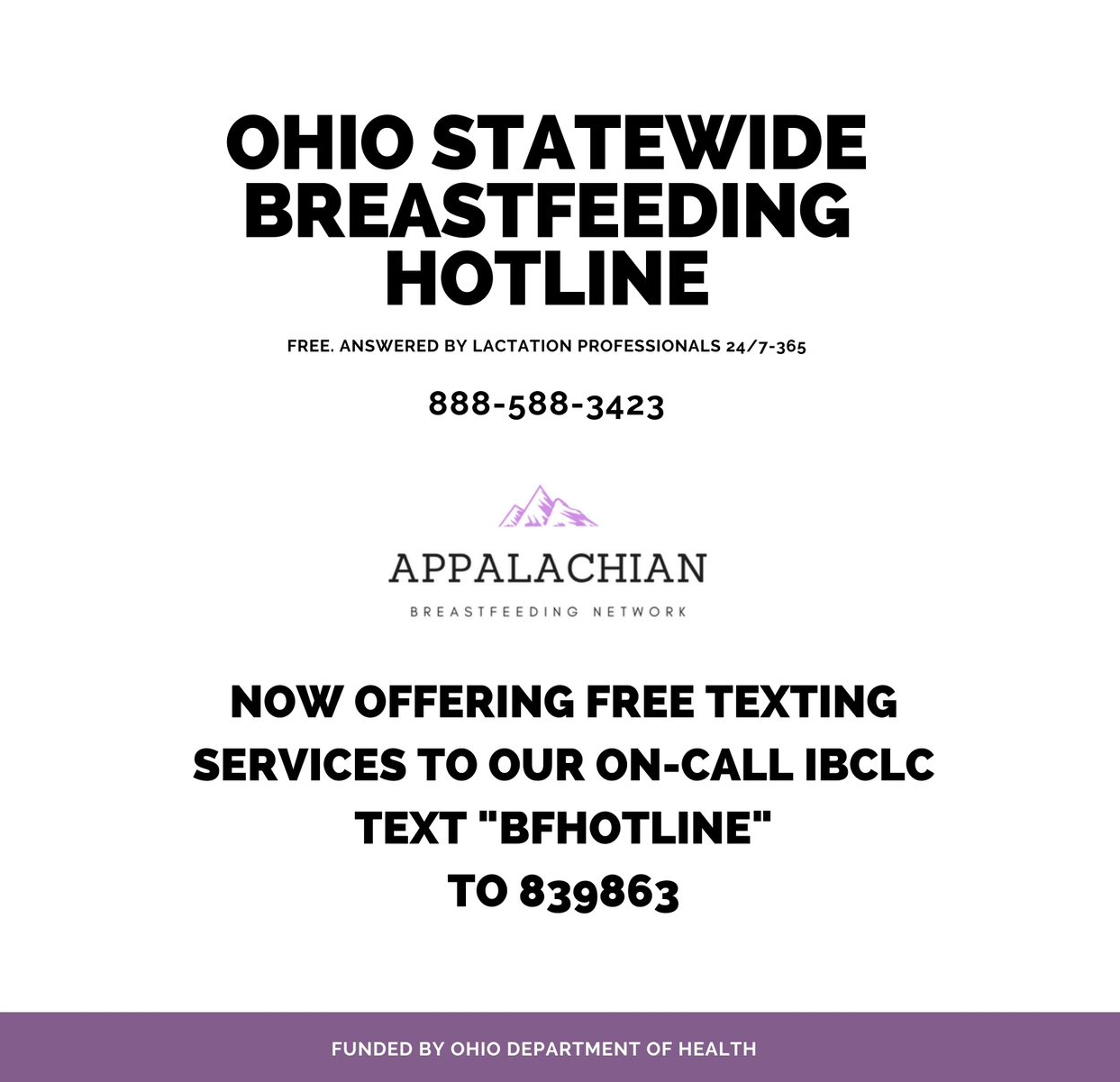1 Month
As you approach the one-month postpartum mark, you may notice your energy levels rebounding. Overall, you may feel more like yourself!
In the very beginning, it may seem that your baby does nothing but eat, sleep, cry, and fill diapers. By the end of the first month, baby will be much more alert and responsive. Babies do not have regular sleep cycles until about 6 months of age. While newborns sleep about 16 to 17 hours per day, they may only sleep 1 or 2 hours at a time. As babies get older, they need less sleep. However, different babies have different sleep needs.
If you’re breastfeeding, you may also find that your milk supply has become more predictable. By now you’ll have an established milk supply. As your little one grows, your breast milk adapts to your baby’s needs, providing nutrients that are perfect for their developmental state. At this stage, breast milk helps prevent digestive issues and chest infections while providing the nutrition they need to reach those early growth markers.
Supplementing?
Development and Milestones
Movement
Gradually they will begin moving their body more smoothly and with much greater coordination—especially in getting the hand to the mouth and occasionally moves their own body to respond to you or attract your attention.
Sounds
You’ll realize that baby will listen when you speak. They may even start to make “noise in throat” sounds.
Sight
Watches you as you hold them. Follows objects with their eyes.
LOCAL WIC RESOURCES-Link below
Help Me Grow
Help Me Grow is a system of supports for pregnant women, caregivers with new babies, and families with young children with developmental delays and disabilities.
Appalachian Breastfeeding Network
ABN's mission is to work towards transformation of breastfeeding culture in Appalachia by providing empowerment and education to increase access to care.




